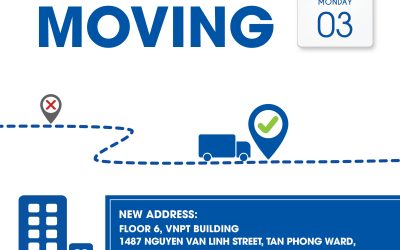- Type 1: your body’s immune system attacks and destroys the cells that produce insulin.
- Type 2: your body doesn’t produce enough insulin, or the body’s cells don’t react to insulin.
Patients with high blood sugar will typically experience frequent urination, they will become increasingly thirsty and hungry.
How common is diabetes?
This health condition is extremely common. It can be managed by reducing your risk factors. Please discuss with your doctor for further information.
Know the symptoms
What are the symptoms of diabetes?
Common symptoms of diabetes, including:
- Urinating;
- Feeling very thirsty;
- Feeling very hungry;
- Extreme fatigue;
- Blurry vision;
- Cuts/bruises that are slow to heal;
- Weight loss (type 1);
- Tingling, pain, or numbness in the hands/feet (type 2).
Some people with type 2 diabetes have symptoms so mild. There may be some symptoms not listed above. If you have any concerns about a symptom, please consult your doctor.
When should I see my doctor?
You should contact your doctor if you have any of the following:
- Feeling very thirsty;
- Urinating more frequently than usual, particularly at night;
- Feeling very tired;
- Weight loss and loss of muscle bulk;
- Itching around the penis or vagina, or frequent episodes of thrush;
- Cuts or wounds that heal slowly;
- Blurred vision.
Type 1 diabetes can develop quickly over weeks or even days. Many people have type 2 diabetes for years without realizing because the early symptoms tend to be general.
Know the causes
What causes diabetes?
When food is digested and enters your bloodstream, a hormone called insulin will move glucose out of the blood and into cells, where it’s broken down to produce energy.
However, in case that there is not enough insulin to move the glucose or the insulin produced doesn’t work properly, your body is unable to break down glucose into energy. Then you have diabetes.
Although there are no lifestyle changes you can make to lower your risk of type 1 diabetes, type 2 diabetes is often linked to being overweight.
Know the risk factors
What increases my risk for diabetes?
People who are over the age of 40 easy to get diabetes. Also, who are overweight, inactive, smoke or have family members with diabetes are at a higher risk.
Understand the diagnosis & treatment
The information provided is not a substitute for any medical advice. ALWAYS consult with your doctor for more information.
How is diabetes diagnosed?
Doctors can determine whether a patient has a normal metabolism, prediabetes or diabetes by three different ways:
- The A1C test;
- The FPG (fasting plasma glucose) test;
- The OGTT (oral glucose tolerance) test.
How is diabetes treated?
Type 1
People with type 1 diabetes must take insulin to control diabetes and this can only be done through multiple injections or by an insulin pump, a small device that delivers insulin continuously throughout the day.
Type 2
- Eating healthy;
- Engaging in physical activity;
- Oral medication to help control your blood glucose levels:
- Drugs that increases insulin production by the pancreas (chlorpropamide, glimepiride, glipizide and repaglinide);
- Drugs that decrease sugar absorption by the intestines (acarbose and miglitol);
- Drugs that improve how the body uses insulin (pioglitazone and rosiglitazone);
- Drugs that decreases sugar production by the liver and improve insulin resistance (metformin);
- Drugs that increase insulin production by the pancreas or its blood levels and/or reduce sugar production from the liver (albiglutide, alogliptin, dulaglutide, linagliptin, exenatide, liraglutide);
- Drugs that block the reabsorption of glucose by the kidney and increase glucose excretions in urine, called sodium-glucose cotransporter 2 (SGLT2) inhibitors.
Lifestyle changes & Home remedies
What are some lifestyle changes or home remedies that can help me manage diabetes?
The following lifestyles and home remedies might help you cope with diabetes:
- Eat healthily, take regular exercise and carry out regular blood tests to ensure your blood glucose levels stay balanced.
- Use the BMI healthy weight calculator to check whether you’re a healthy weight.
- With type 1 diabetes, you need regular insulin injections for the rest of their life.
- With type 2 diabetes, medication may eventually be required, usually in the form of tablets.
If you have any questions, please consult with your doctor to better understand the best solution for you. Hello Health Group does not provide medical advice, diagnosis or treatment.









